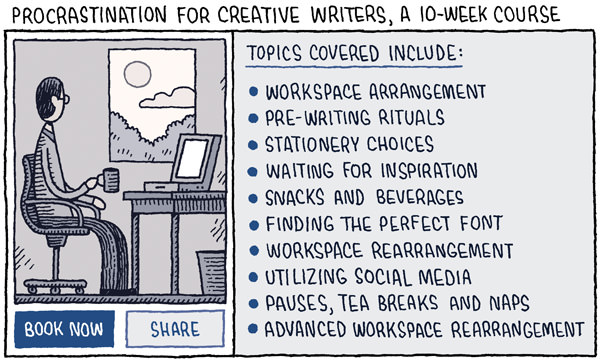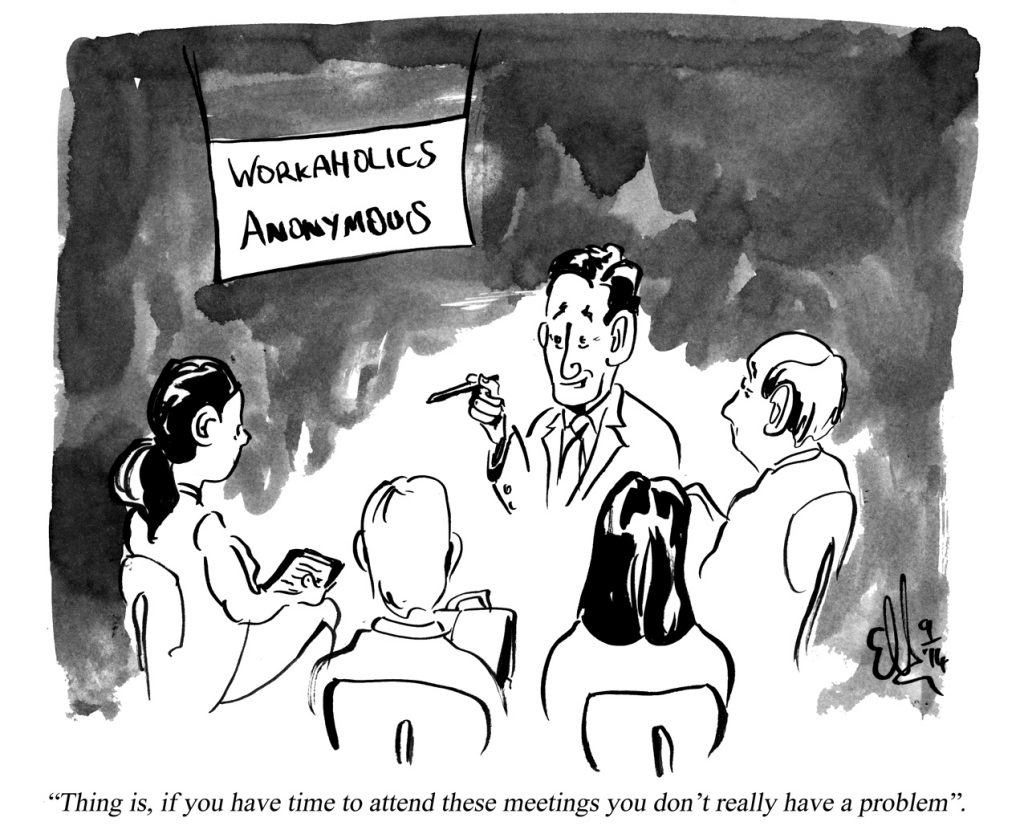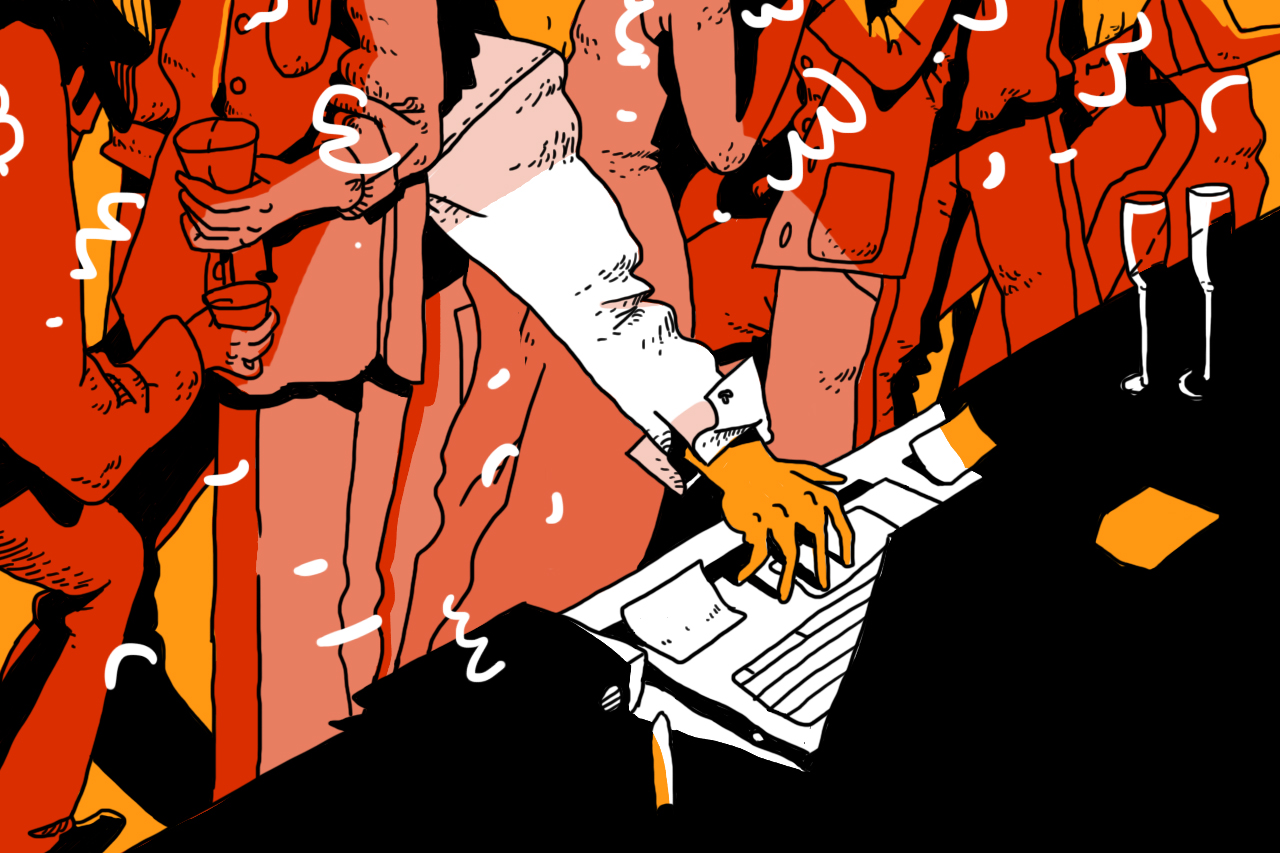If being a workaholic were a sin, I’m going to hell.
Some days, I could be in the office from 9 AM to 6 PM and still find energy to work when I get home. At my previous jobs, I would take work home as well.
That said, I also abhor that modern society increasingly glorifies the culture of being busy. We assume people who work till the wee hours of the morning or on weekends are more “hardworking” and “busy” than those who manage to finish everything by 6pm every day.
Most annoyingly, we think someone is “on the ball” and “efficient” as long as they are always contactable.
Arguably, there are people who don’t have a choice. They work round the clock because they truly have too much work to do.
But some of the most “hardworking” or “busy” people I know are often not the most effective or productive. In fact, these workaholics tend to be insufferable and can afford to kick the habit, but take some perverse pride in being known to work compulsively.
And many of them don’t change because they’re also serial procrastinators.

We all know procrastinators, and we have all been procrastinators.
These are the people you see surfing Facebook during office hours, only to stay late to finish up work, then complain about having so much work to do. It’s not that they are initially unaware that work needs to be done, but they reason that they can afford to be sidetracked by minor distractions. Besides, what’s another scroll or two (or 10) through Instagram stories?
Before they know it, they’re left with an hour to finish a 15-page report.
Some may argue that these people are not true workaholics, who actually want and love to work, since it’s not as though they work throughout the day when they’re actually on social media.
They simply appear to be ‘efficient’ and ‘hardworking’ at the last minute, when they cram in more work within a limited timeframe. No thanks to their poor time management and adrenaline rush as well, this workaholic nature becomes more obvious.
Yet, most workaholics know that they can finish their work throughout the day, if only they managed to better spread out their workload.
In the aforementioned Medium article, successful entrepreneur and author Mike Michalowicz was proud of his “12-hour workdays and 80-hour workweeks” until he forced himself to leave work each day by 5pm. Once he realised he had less time for “nonsense distractions”, he could get more done in a 9-to-5 day than he used to in an entire “‘workaholic day’”.
To be fair, I empathise with procrastinators. I put off doing things throughout the day, because my most productive periods are in the early mornings before anyone’s in the office or late at night before bed. During these periods, I am able to finish in a couple of hours what I would typically take the whole day to do at work.
While these habits may have been developed precisely to combat my procrastination, they have resulted in a lifestyle that has worked completely fine for me. I dare say I even occasionally enjoy the constant buzz from work.
To any outsider, however, I probably appear to be a mad person doing work at 1am.
Nonetheless, before you boast about being hardworking, you may want to relook how you spend your day. If you find yourself regularly delaying simple five-minute tasks by spending your energy on other trivial matters, then you are not efficient nor effective.
You’ve just sunk to a sad level of procrastination.

Perfectionists are so concerned with an “outcome being just right, that they fall victim to risk-averse thinking, which inhibits innovation and creativity”. So they procrastinate and don’t begin simple tasks, for fear of not doing a perfect job.
When they eventually do start, so much time has been wasted worrying that they often need to work round the clock to ‘catch up’.
It doesn’t help that they’re even more likely to make mistakes with work done at the eleventh hour, because of the high stress involved to get it right the first time. As such, workaholics inevitably end up obsessively double checking, editing, and relooking everything till the final second before a deadline.
As the authors of the book Rework say, “In the end, workaholics don’t actually accomplish more than non-workaholics. They may claim to be perfectionists, but that just means they’re wasting time fixating on inconsequential details instead of moving on to the next task.”
So that colleague who always stays past 10 PM in the office may not be truly invested in their work. They’re merely extra critical of themselves, perhaps unnecessarily so, and may really just need to learn to let shit go.

Society also still largely mistakes being at work for being productive. We may be ‘working’ nine hours a day, but if we produce the same outcome as someone who works four hours then slacks off for the rest of the day, they may be doing it much better.
Perhaps the cure for being a workaholic is not to be assigned less work, nor to learn proper time management. Instead, we should stop looking busy or telling people how busy we are, and just admit that we are easily distracted.
So the next time someone calls themselves a workaholic, instead of heaping misplaced admiration on them, tell them they need help.
We should also aim to understand where the insane drive for perfection comes from, and acknowledge that it cannot possibly be achieved. Then procrastination and, consequently, workaholism can be nipped in the bud.
Of course, all this is easier said than done, especially if you’ve been trained not to ‘switch off’ from work. After all, I know that a few minutes before publishing this, I will still be obsessively tweaking sentences and words because I can.
I will do all that even though I know it won’t make a damn difference.






